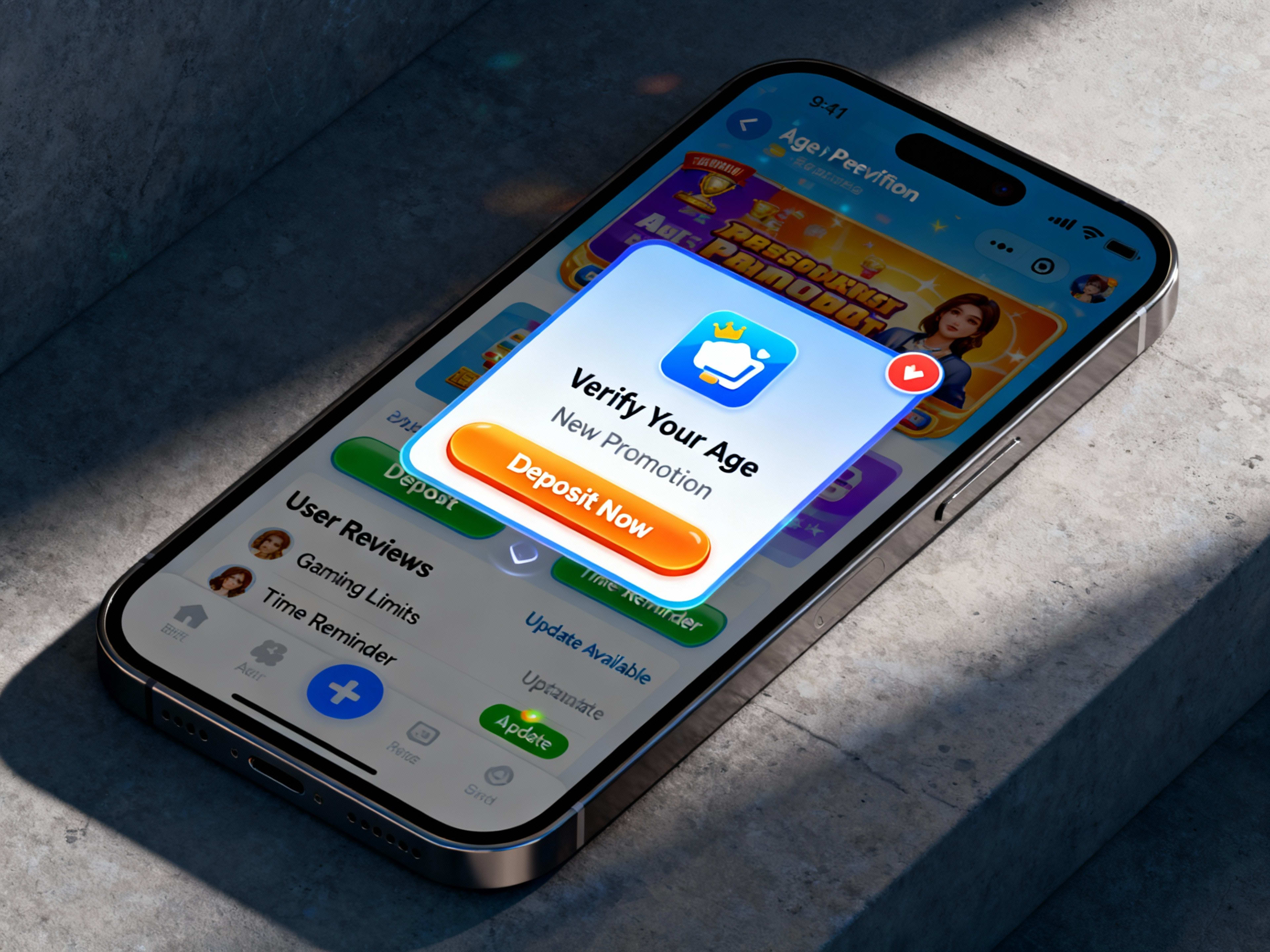Google Play Expands Casino App Access

Recommended casinos
Key Takeaways
- Google Play Store eases restrictions on casino apps, enabling operations in over 70 countries with simplified developer requirements.
- Policy shift boosts mobile-first accessibility, allowing more diverse gambling experiences while enforcing compliance.
- Operators gain streamlined approval processes, reducing barriers for global market entry.
Google Play Store has updated its developer policies to broaden access for real-money casino and gambling applications, marking a significant liberalization in mobile distribution. This adjustment, detailed in recent announcements from the platform's policy updates, now permits operations across more than 70 jurisdictions, up from previous limitations in select regulated markets. Developers must still adhere to core safeguards, including age verification, geo-fencing, and integration of responsible gaming tools, but the removal of stringent pre-licensing hurdles for certain app types accelerates onboarding.
This evolution addresses longstanding developer frustrations with fragmented regional approvals, which previously confined many innovative apps to sideloading or web-based alternatives. By aligning with varying local regulations—such as those in Europe and Asia—Google aims to foster a more inclusive ecosystem without compromising user protections. For operators, the implications are profound: faster time-to-market enables quicker iteration on mobile-optimized features like push notifications for personalized promotions and seamless in-app deposits. This could drive a 20-30% uptick in app downloads in emerging markets, where smartphone penetration exceeds 80%, according to industry benchmarks from sources like Slotegrator.
From a user perspective, the change enhances convenience and trust. Players in approved regions can now discover vetted casino apps directly via search, benefiting from built-in reviews and automatic updates that patch security vulnerabilities. This reduces exposure to unregulated third-party sources, which often harbor malware risks. Moreover, the policy indirectly bolsters mobile payment adoption; apps can more readily integrate options like Google Pay for frictionless transactions, aligning with the 40% of global online purchases now occurring on mobile devices.
Looking ahead, this pivot signals Google's deeper commitment to iGaming as a mature vertical, potentially influencing competitors like the App Store to revisit similar constraints. For operators, success hinges on proactive compliance—investing in AI-driven fraud detection and low-latency UX to capitalize on expanded visibility. Users stand to gain immersive, secure experiences, but education on responsible play remains essential amid heightened accessibility. As mobile gaming eclipses desktop in session volume, such policy refinements underscore the sector's maturation, prioritizing innovation with accountability to sustain long-term growth.
Sources:








